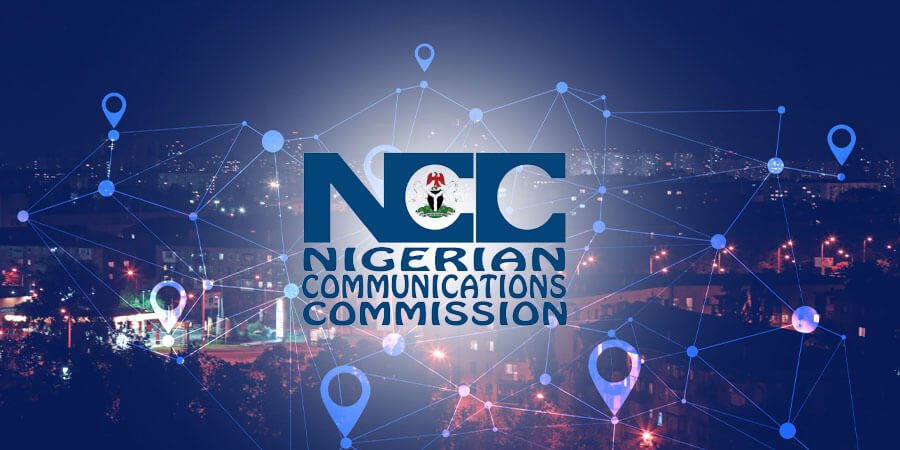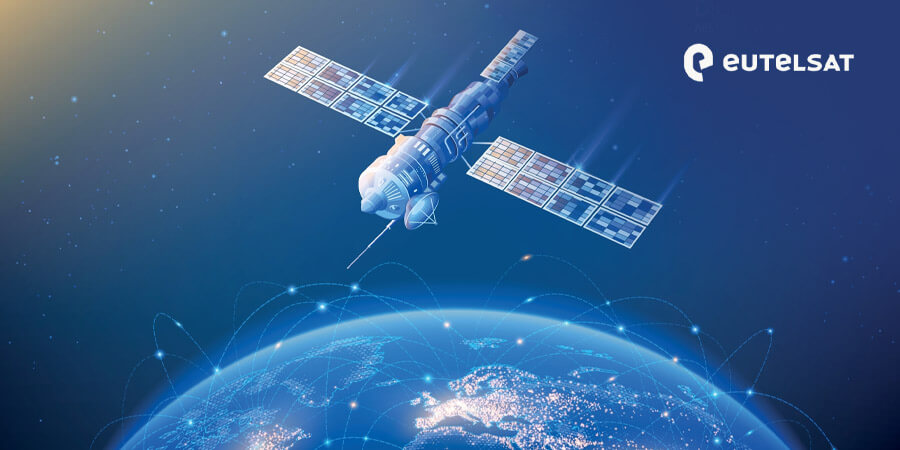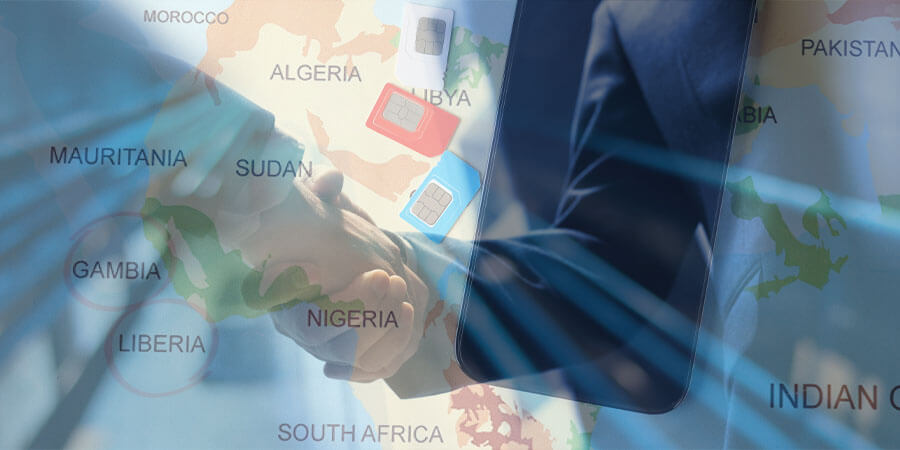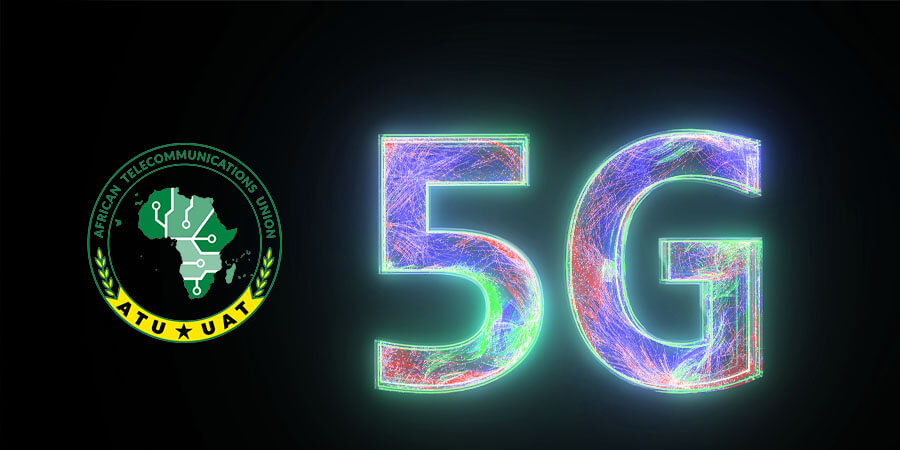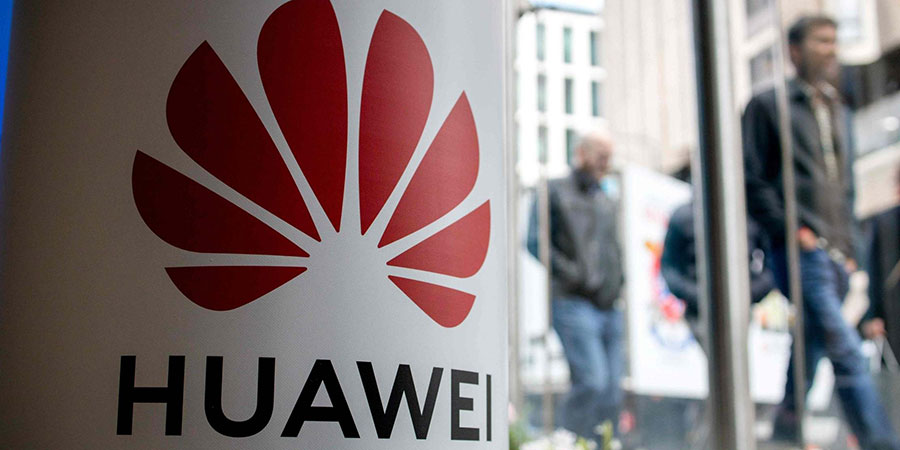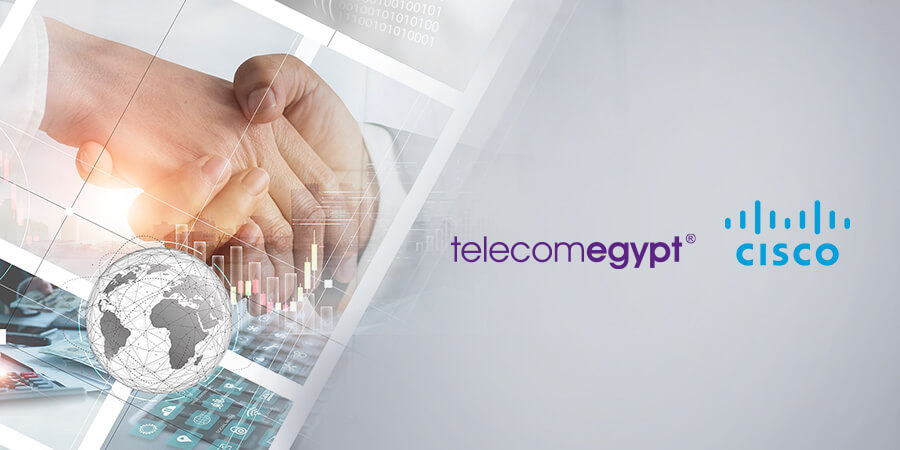The US has threatened to impose new sanctions on Huawei, following a series of accusations against the tech giant with no hard evidence.
The firm has been under fire repeatedly by the Trump Administration for over a year now and there is still no evidence behind their accusations or claims. On Friday, the US Commerce Department imposed sanctions against the behemoth’s semiconductor business to which China stated that the move was “unreasonable suppression of Huawei and Chinese enterprises.”
Huawei released an official statement which read, “Huawei categorically opposes the amendments made by the US Department of Commerce to its foreign direct product rule that target Huawei specifically. The US government added Huawei to the Entity List on May 16, 2019 without justification. Since that time, and despite the fact that a number of key industrial and technological elements were made unavailable to us, we have remained committed to complying with all US government rules and regulations. At the same time, we have fulfilled our contractual obligations to customers and suppliers, and have survived and forged ahead against all odds.”
Indeed, Huawei was forced to rely on domestically manufactured technology due to the previous sanctions. However with the current situation, foreign firms will be banned from sending semiconductors to Huawei which use US technology, unless they are directly granted permission from the US. This move would cut Huawei off from its major suppliers in this regard.
The statement added, “Nevertheless, in its [the US’s] relentless pursuit to tighten its stranglehold on our company, the US government has decided to proceed and completely ignore the concerns of many companies and industry associations. This decision was arbitrary and pernicious, and threatens to undermine the entire industry worldwide. This new rule will impact the expansion, maintenance, and continuous operations of networks worth hundreds of billions of dollars that we have rolled out in more than 170 countries.
It will also impact communications services for the more than 3 billion people who use Huawei products and services worldwide. To attack a leading company from another country, the US government has intentionally turned its back on the interests of Huawei's customers and consumers. This goes against the US government’s claim that it is motivated by network security.”
“This decision by the US government does not just affect Huawei. It will have a serious impact on a wide number of global industries. In the long run, this will damage the trust and collaboration within the global semiconductor industry which many industries depend on, increasing conflict and loss within these industries. The US is leveraging its own technological strengths to crush companies outside its own borders. This will only serve to undermine the trust international companies place in US technology and supply chains. Ultimately, this will harm US interests.”
The statement concluded that Huawei will undertake a “comprehensive examination of this new rule” and that they expect their business to be affected.
“We will try all we can to seek a solution. We hope that our customers and suppliers will continue to stand with us and minimize the impact of this discriminatory rule.”















